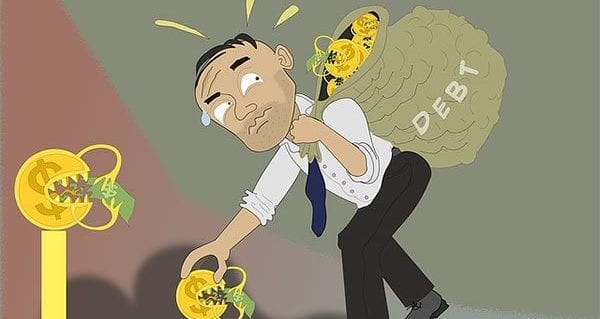Reading Time: 3 minutes Our ability to deal with the economic effects of COVID-19 is really a fiscal dividend from the actions of earlier governments
Author: Livio Di Matteo
Di Matteo specializes in public policy, health economics, public finance and economic history. He holds a PhD from McMaster University, an MA from the University of Western Ontario and an Honours BA from Lakehead University.
Slow economic growth is the new normal
Reading Time: 3 minutes Unnaturally high growth rates were driven by post-war reconstruction, the baby boom and rising female labour force participation
Two fiscal statements, a common debt problem
Reading Time: 3 minutes The federal and Ontario governments need to present deficit-reduction plans with a credible target dates now
Government debt will worsen the next recession
Reading Time: 3 minutes Governments around the world will go into the next recession with fewer economic management tools at their disposal
New trade deal increases American sway over Canada
Reading Time: 3 minutes The purpose of the USMCA is to first promote the economic and trade interests of the U.S. within North America
Trade, deficit reduction and tax reform critical as recession looms
Reading Time: 3 minutes The federal government must act quickly on 3 fronts if it is to head off economic disaster
Canada needs to become more densely populated
Reading Time: 3 minutes We need a larger internal market that would create economies of scale and further economic productivity growth
Resolving Canada’s trade quagmire in the age of Trump
Reading Time: 3 minutes We must make a major concession to protect the auto sector and that may mean phasing out our farm supply management system
Ontario needs to get cracking to clean up its finances
Reading Time: 3 minutes A variety of factors – from uncertain economic conditions to higher public spending – threaten to push Ontario further into debt
Concerns over household debt in Canada are overblown
Reading Time: 3 minutes The drop in interest rates has been so significant that the interest burden of servicing debt has declined as a share of income, despite growing household debt









